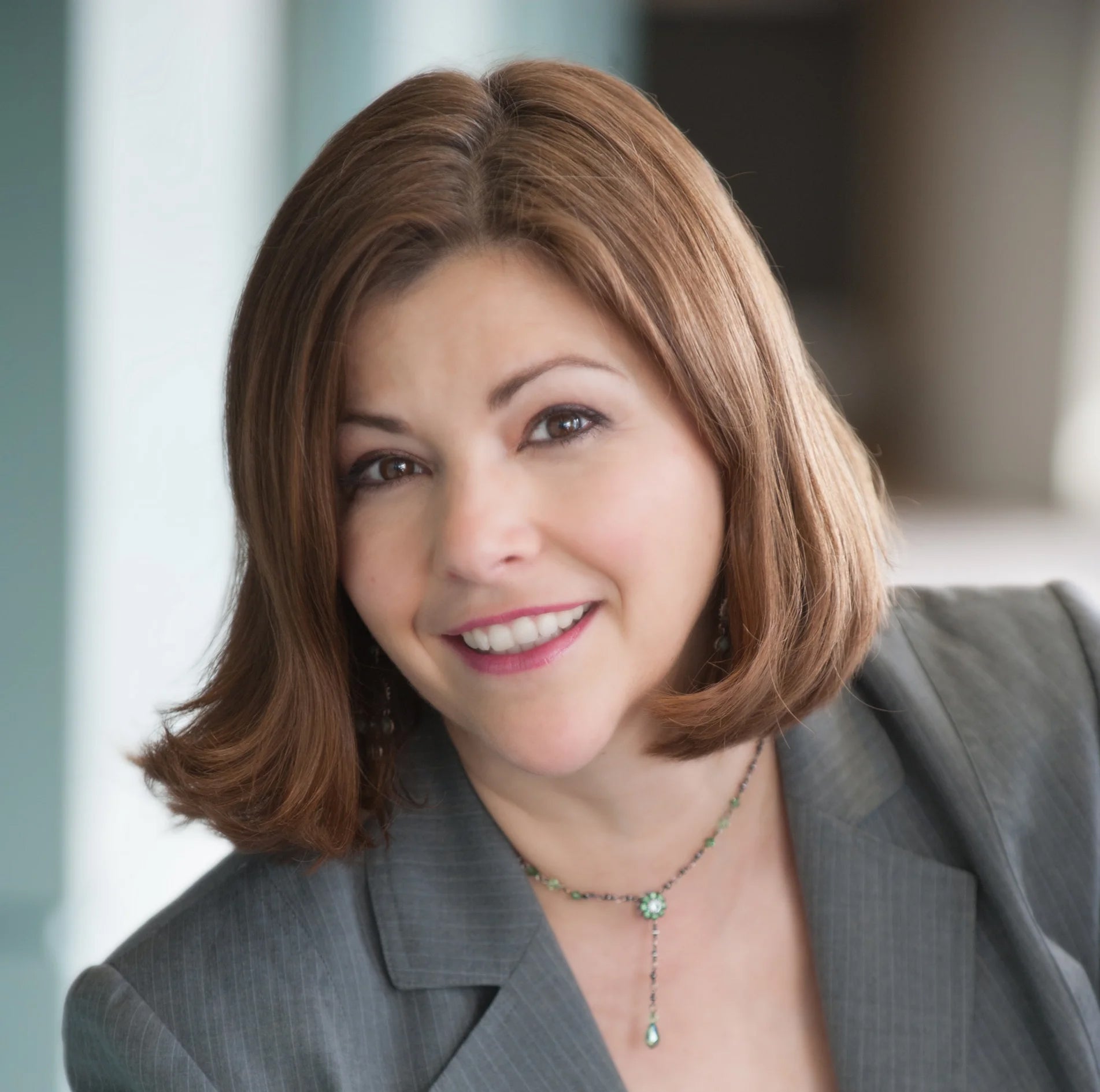Camp pairs children with Autism with typical peers
The long hot days of summer can pose challenges for families of special needs children. Parents have to find activities or camps where their child feels safe, welcome, and continues to learn. A new camp at Saint Joseph’s University is trying a unique approach. It’s especially designed to accommodate children with autism and pairs them with their typical peers. Maiken Scott reports from WHYY’s Behavioral Health desk.
The long hot days of summer can pose challenges for families of special needs children. Parents have to find activities or camps where their child feels safe, welcome, and continues to learn. A new camp at Saint Joseph’s University is trying a unique approach. It’s especially designed to accommodate children with autism and pairs them with their typical peers. Maiken Scott reports from WHYY’s Behavioral Health desk.
Taking advantage of St Joseph University’s sprawling, green campus, Camp Kinney has all the ingredients of a fun time – a basketball court, a baseball field, a pool, a playground – and the 25 campers spend their days going from one to the next.
But – the camp is not all about fun. It takes its name from The Kinney Center for Autism Education and Support at St. Joseph’s. Executive director Michelle Rowe says having a mixed group of kids means opportunities for learning:
Rowe: “What that does it it allows the kids with autism to learn from their typically developing peers. In translation, that means that children with autism can benefit from learning what kinds of things are expected socially at different ages”
Kids who have this developmental disorder tend to struggle with language and social skills. In this setting, Rowe says they learn naturally how to have a conversation, play games, and make eye contact.
Rowe: “The kids can be in the pool and also be interacting with each other – we take them for five hours a day, we expose them to a lot of fun, but also, they can’t help but learn in the process.”
As excited campers chatter about their favorite activities, it is nearly impossible to determine which children have Autism, and which don’t:
Kids: “I like it all!! We go swimming every day, we go to the play ground most of the days.” “I like talking with my friends, I like swimming, and I like snack time.” “Playing basketball!”
This is the first year for the camp, and the kids with autism are in the majority, but Rowe hopes to have more of a 50 – 50 mix in the future. She says the concept is also beneficial for typical kids, who learn to feel comfortable around people with disabilities. 7 year-old Ian sums it up:
Ian: “Kids with autism just have a tiny disability, not like a big difference, we’re all the same in a couple of ways”
The camp is staffed with undergraduate students with an interest in Autism or special education – one counselor for each child. They went through 60 hours of training and are also supervised by a behavior specialist.
St. Joseph’s Psychology major Amber Leyton says learning about behaviors and explosive temper tantrums associated with Autism in a classroom is one thing – dealing with them first hand is another. But Leyton had no problems diffusing a situation when a young camper had a meltdown because he couldn’t spend time with a counselor named Drew:
Leyton: “At first, it was just waiting for him to level out a little bit, and it was explaining to him, over and over the situation: if you calm down, you can eat your lunch, you can go see Drew, over and over again, the schedule, what was going to happen, and what was expected of him.”
These kinds of situations are familiar to counselor John Dorfman from first-hand experience – he has autism. He says he wants to inspire the campers with his own story:
Dorfman: “Anything is possible! When I was in 9th grade, everyone was skeptical that I was even going to make it to college, and here I am, going into my senior year helping the other kids, it’s really a great thing.”
The camp will run through the end of July. Michelle Rowe says they had to turn away applicants this year, but hope to expand the program next summer.
WHYY is your source for fact-based, in-depth journalism and information. As a nonprofit organization, we rely on financial support from readers like you. Please give today.


